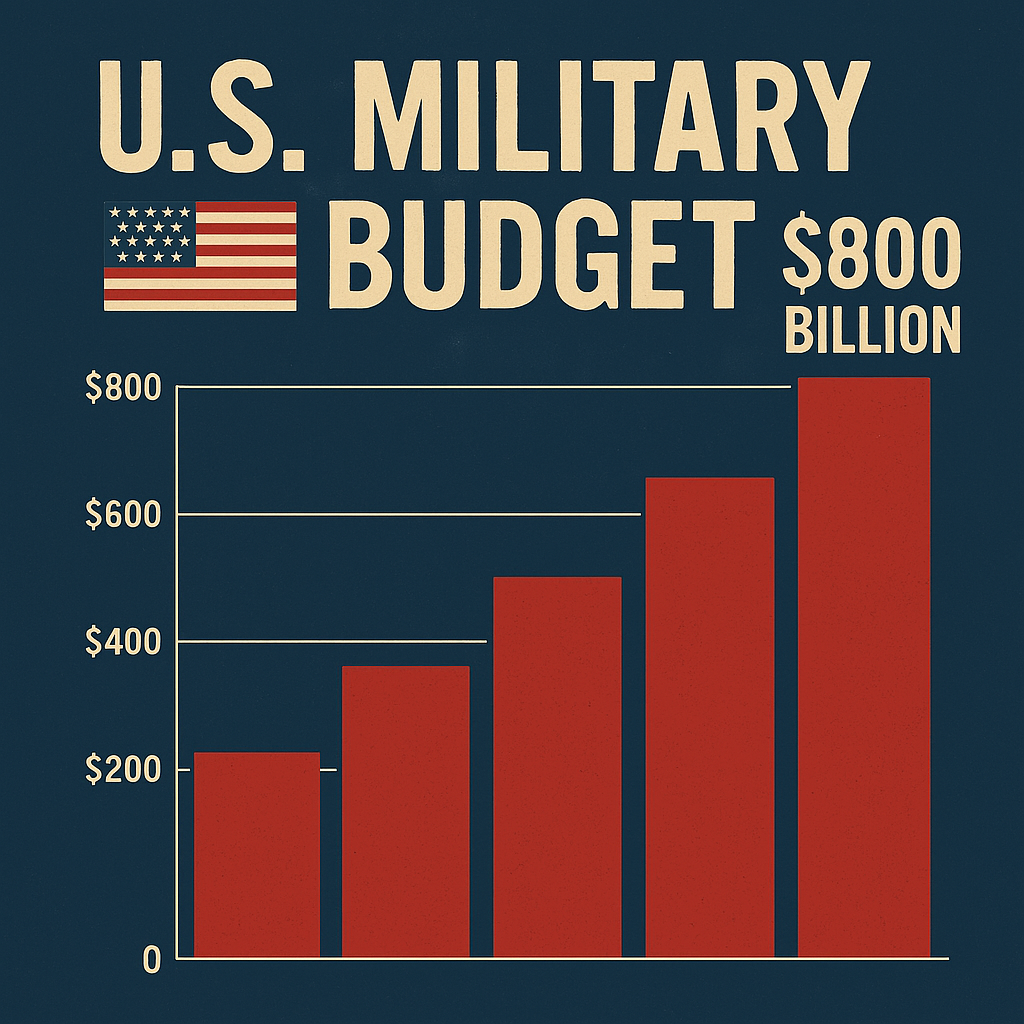America’s Costly Military Policies and Rising Public Anger
webangah news: The United States has long maintained the largest military budget in the world. In 2023, its military spending exceeded $886 billion, accounting for around 39% of global military expenditures. While this massive budget is allocated primarily to defense and military operations, growing concerns among the American public highlight the stark contrast between military spending and the unmet domestic needs like healthcare, education, and housing.
Public Concerns and Growing Discontent
Despite the immense military budget, many Americans are frustrated by the prioritization of military spending over domestic welfare. According to a 2022 Pew Research survey, only 48% of Americans believe an increase in military spending is necessary, down from over 60% in previous decades.
The Afghanistan War: A Turning Point in Public Opinion
The Afghanistan War (2001–2021), one of the longest and costliest military endeavors in U.S. history, cost over $2.3 trillion, according to the Brown University Costs of War project. The chaotic exit and the continued instability in the region have made Americans increasingly wary of military interventions abroad.
Generational Shifts in Military Support
Unlike previous generations, younger Americans are less inclined to support military interventions. The millennial and Gen Z cohorts prioritize issues like climate change, social justice, and economic reforms over military expansion. A 2023 YouGov survey showed that only 31% of those under 35 support aggressive foreign policies.
The Military-Industrial Complex: Hidden Influence
The “military-industrial complex” was first coined by President Dwight D. Eisenhower in 1961 as a warning about the undue influence of defense contractors on U.S. politics. Today, this influence is more pronounced than ever. In 2022, defense companies spent over $140 million on lobbying efforts, according to OpenSecrets.
U.S. Support for Israel and the Gaza Genocide
One of the most controversial aspects of U.S. foreign policy is its unwavering support for Israel, including its financial and military backing. According to the Council on Foreign Relations (CFR), the U.S. provides over $3.8 billion in direct military aid to Israel annually. This support, particularly during the ongoing bombings in Gaza, has sparked widespread protests and debates. Many human rights activists and political analysts view this support as complicity in war crimes and genocide.
The Yemen War and U.S. Direct Involvement in 2024–2025
The Yemen War, which began in 2015, has been one of the most devastating humanitarian crises of the 21st century. Initially, the U.S. provided military, intelligence, and logistical support to the Saudi-led coalition. However, in 2024 and 2025, the U.S. became directly involved in the conflict, citing the need to secure maritime navigation routes in the Red Sea.
Despite the massive costs of these operations, the U.S. involvement has had minimal impact on the overall course of the war, raising questions about the true objectives behind this military engagement. Analysts argue that the U.S. presence has not contributed to maritime security and has instead exacerbated the diplomatic and economic challenges for Washington.

Is Change on the Horizon?
With rising inflation, national debt, and domestic challenges, pressure is mounting for the U.S. to reconsider its military priorities. Civil rights activists, economists, and even some lawmakers from both parties are calling for a focus on improving the quality of life within the U.S., rather than prioritizing military expenditures abroad.




